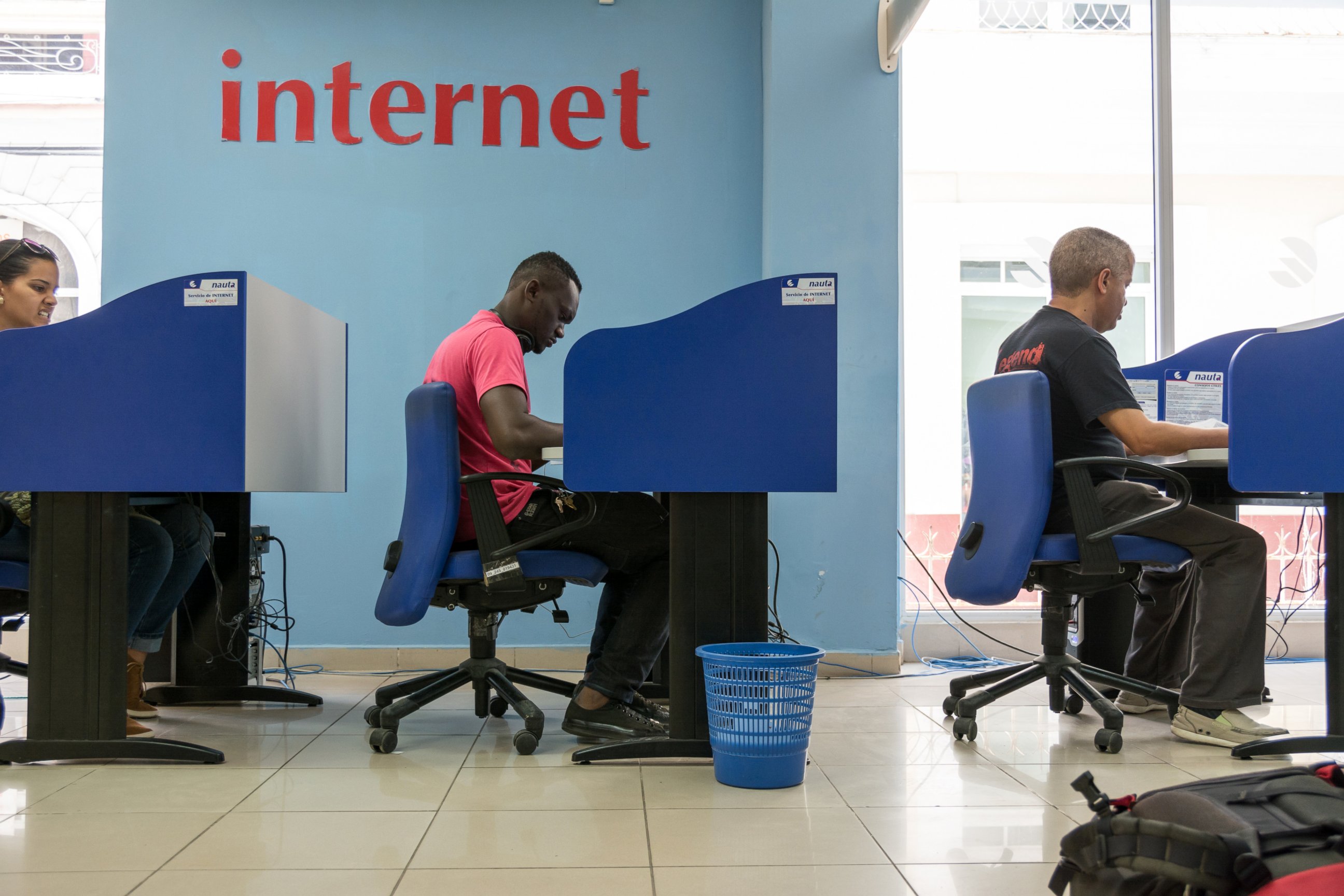Netflix's Big Bet on Cuba, Despite Low Income and Slow Internet Speed
Netflix is charging Cubans the same as Americans: $7.99 a month.

— -- Netflix is moving undeterred into Cuba despite the challenges of who can afford the $7.99 monthly cost and access to broadband Internet.
The streaming and media delivery company based in Los Gatos, California, surprised many by announcing that people in Cuba with Internet connections and access to "international payment" methods can subscribe to Netflix and instantly watch movies and television shows.
Though the monthly average salary in Cuba is about $20, according to the Cuban government's National Office of Statistics and Information, Netflix is sticking to its global price of $7.99.
"We have announced plans to be global and don't discriminate in that goal based on monthly income," a Netflix spokeswoman told ABC News.
People in Cuba will have access to a similar Netflix catalog of what is available in other parts of the Spanish-speaking Caribbean, the Netflix spokeswoman told ABC News. But even if some Cubans can afford to pay to stream Netflix, access to high-speed Internet and debit or credit cards are potential barriers.
It’s estimated that only 5 percent of Cubans have broadband Internet, notes Francisco Torralba, an economist with Morningstar Investment Management. He adds that it's "impossible" to say whether there is a market for Netflix in Cuba, given that there's a lack of official data on access to credit cards and actual income.

Torralba said Cuba’s official statistic on the average wage conceals two facts of Cuban life.
First, income from the informal sector probably complements the reported wages of many Cubans, lifting the actual average income above the official number of $20 a month.
"People who work in tourist-linked businesses, with easier access to foreign income than, say, farmers inland, are likely to have significant amounts of unreported income," he said.
In addition, officials in the Cuban government probably profit from their influence as well, earning incomes higher than the government-set wage, he said.
Second, he said, inequality in Cuba is believed to be rising. According to unofficial sources, the Gini coefficient -- a measure of income inequality -- increased in Cuba from 0.24 in 1986 to 0.38 in 2002. In 2013, it was reported as 0.4, similar to the levels of those in the U.S., Thailand, Uruguay, Morocco and Russia.
Netflix's move into Cuba is a bet that its economic situation will improve with loosening restrictions and household incomes will generally rise.

The way Netflix CEO Reed Hastings puts it, the announcement is a win-win for Netflix users and the people of Cuba.
“We are delighted to finally be able to offer Netflix to the people of Cuba, connecting them with stories they will love from all over the world,” Hastings said in a statement today. “Cuba has great filmmakers and a robust arts culture and one day we hope to be able to bring their work to our global audience of over 57 million members.”
Netflix entered Latin America in 2011 and now counts more than 5 million members in the region, the company said. It has more than 57 million members in nearly 50 countries.